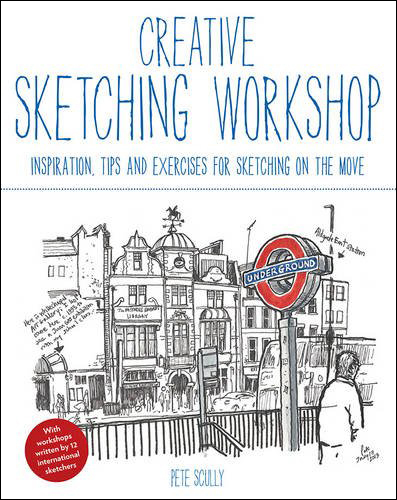A sampling of recent books by UC Davis College of Letters and Science faculty and alumni.
Dancing in the Blood: Modern Dance and European Culture on the Eve of the First World War (Cambridge University Press, July 2017), by Edward Dickinson, professor and chair of the Department of History. The author uncovers the connections between modern dance and changing gender relations and family dynamics, imperialism, racism and cultural exchanges with the wider non-European world, and new conceptions of selfhood. In a March talk, Dickinson focused on three dancers sought their own individual essences by exploring the essences of other cultures—Tórtola Valencia in Peru, Ruth St. Denis in India, and Martha Graham in the United States.
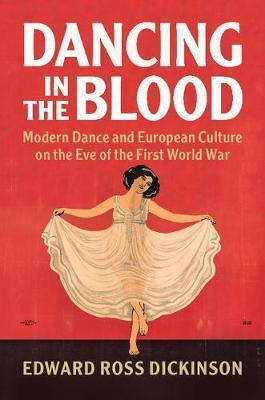
Down the Up Staircase: Three Generations of a Harlem Family (Columbia University Press, April 2017), by Bruce D. Haynes, professor of sociology, with Syma Solovitch. This memoir tells Haynes’ family story—beginning with his grandparents, National Urban League co-founder George Edmund Haynes and children’s book author Elizabeth Ross Haynes. Read more about the book.
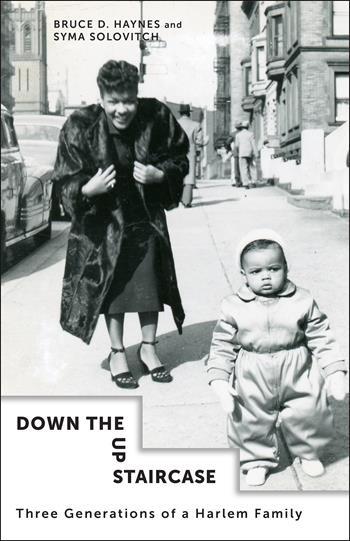
God's Red Son: The Ghost Dance Religion and the Making of Modern America (Basic Books, April 2017), by Louis Warren, W. Turrentine Jackson Professor of U.S. Western History. This book offers a startling new view of the religion known as the Ghost Dance, from its origins in the visions of a Northern Paiute named Wovoka to the Army's killing of more than 200 Lakota Sioux at Wounded Knee Creek in South Dakota.
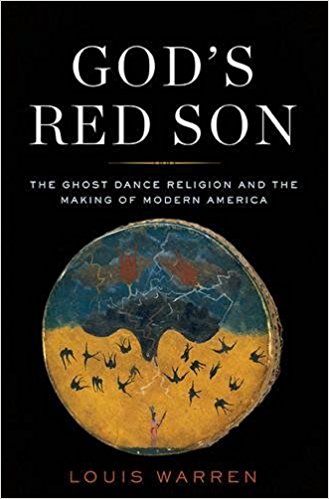
The Lima Reader: History, Culture, Politics (Duke University Press, April 2017), edited by Charles Walker, professor of history, with Carlos Aguirre. Covering more than 500 years of history, culture, and politics, this volume captures the multiple viewpoints of the diverse peoples of Peru’s capital city.
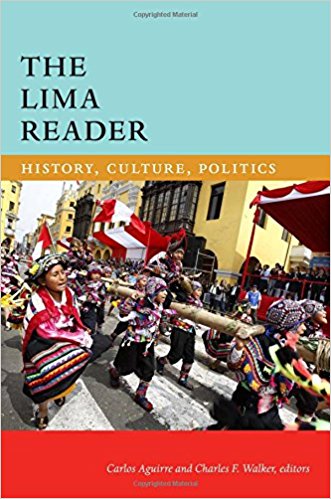
Knowledge and the Ends of Empire: Kazak Intermediaries and Russian Rule on the Steppe, 1731-1917 (Cornell University Press, March 2017), by Ian Campbell, assistant professor of history. Hoping to better govern the Kazak steppes, tsarist officials were desperate to obtain reliable information about an unfamiliar environment and population. Drawing on archival materials and a wide range of 19th-century periodicals in Russian and Kazak, Campbell tells how Kazaks at first used local knowledge to negotiate tsarist rule and later to resist it.
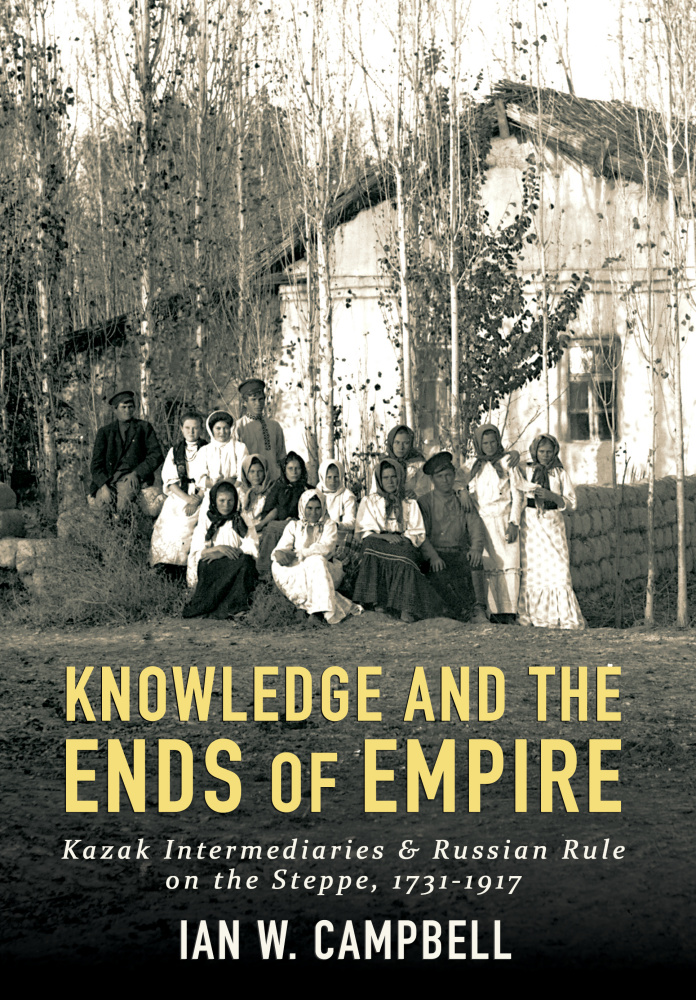
The Exile’s Song” Édmond Dédé and the Unfinished Revolutions of the Atlantic World (Yale University Press, January 2017) by Sally McKee, professor of history. In 1855, Dédé, a free black composer from New Orleans, emigrated to Paris. There he trained with France’s best classical musicians and went on to spend 36 years in Bordeaux leading the city’s most popular orchestras. McKee vividly recounts his life.
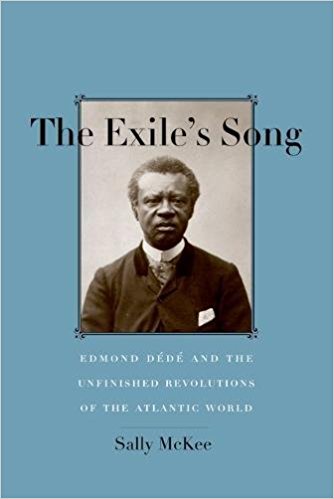
Oct. 6, 2016 — A sweeping history by Professor Andrés Reséndez, The Other Slavery: The Uncovered Story of Indian Enslavement in America, is a finalist for a 2016 National Book Award.
Read an interview and watch a video of Reséndez reading an excerpt from his book.
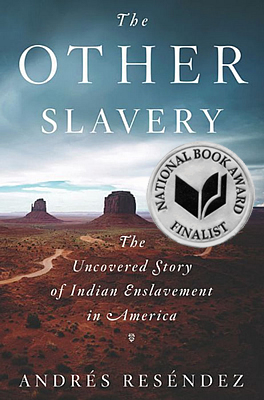
Young people of South Asian, Afghan and Arab descent growing up in a post-9/11 world feel constantly under suspicion and surveillance. Their lives are the focus of the book The 9/11 Generation: Youth, Rights, and Solidarity in the War on Terror (New York University Press) by Sunaina Marr Maira, a professor in the UC Davis Department of Asian American Studies. The book has just been released to coincide with the 15th anniversary of the terrorist attacks of Sept. 11, 2001.
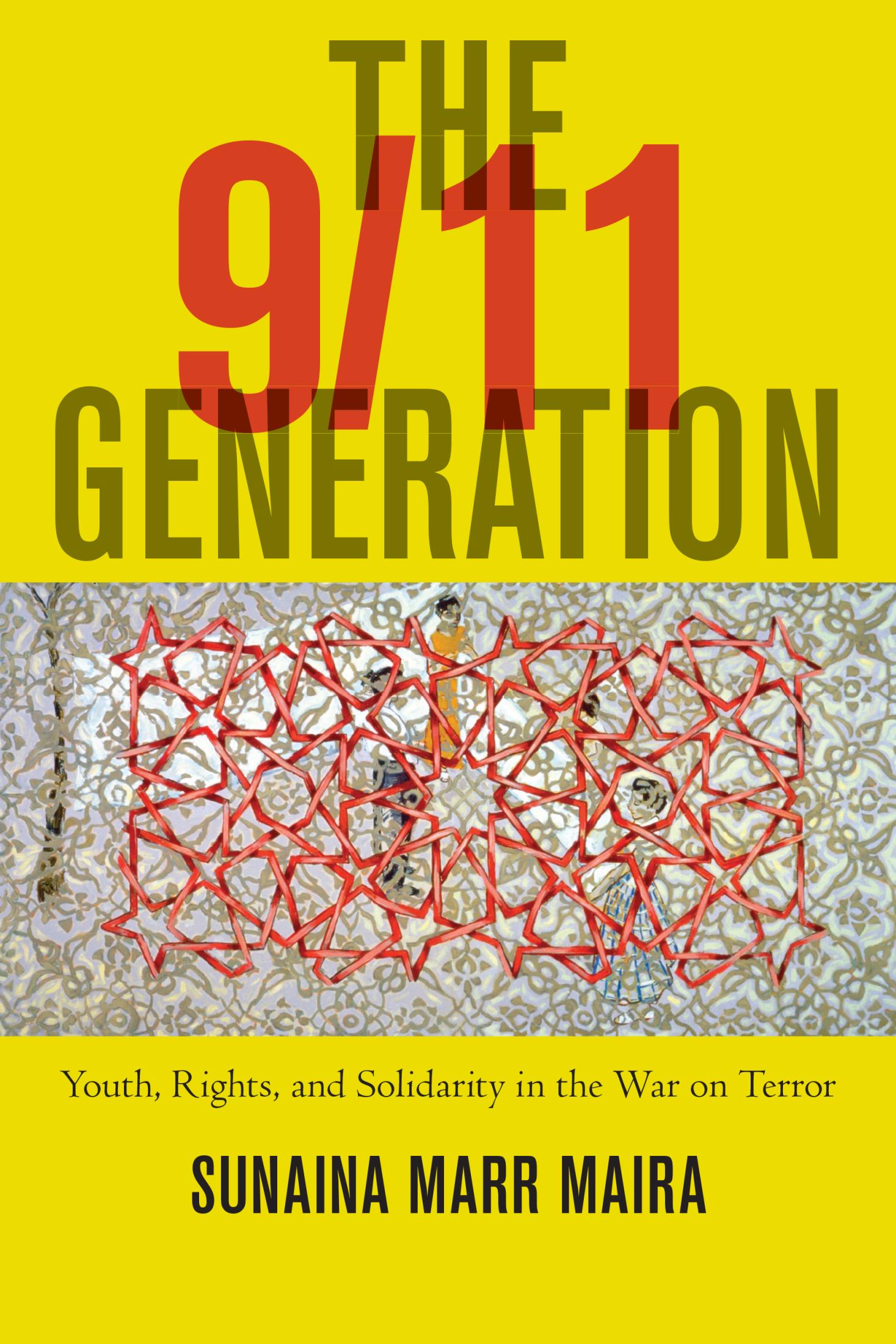
When UC Davis alumnus Christopher Schaberg thought about who would be great contributors to the book and essay series he was creating, he went back to colleagues at UC Davis. So far his UC English doctoral classmates, John Garrison and Kara Thompson, along with English professor Scott Shershow, have written essays and books for the Object Lessons series. The well-received essays in The Atlantic and books by Bloomsbury Publishing examine the life of ordinary objects we often take for granted. Writers observe the “object” from multiple angles—history, literature, philosophy, science. Anything is fair game and there are no set formats.
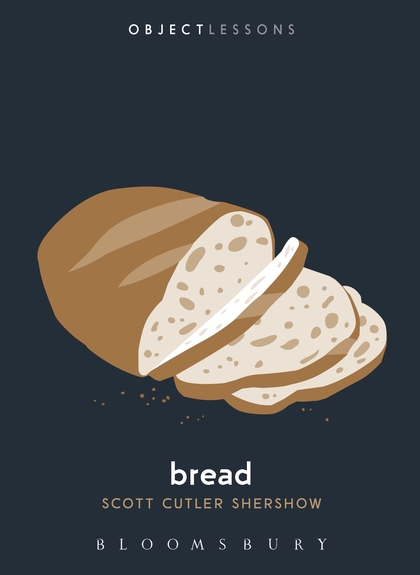
Sex Science Self: A Social History of Estrogen, Testosterone, and Identity (University of Massachusetts Press, 208 pages, $23.95) by Bob Ostertag. Ostertag, a professor of Cinema and Digital Media, is a composer, performer, instrument builder, journalist, activist and historian. In his new book cautions against accepting and defending any technology uncritically and examines the development of estrogen and testosterone as pharmaceuticals. He situates this history alongside the story of an increasingly visible and political lesbian, gay, bisexual, and transgender population. He argues that scholarship on the development of sex hormone chemicals does not take into account LGBT history and activism, nor has work in LGBT history fully considered the scientific research that has long attempted to declare a chemical essence of gender.
Playing With Earth and Sky: Astronomy, Geography, and the Art of Marcel Duchamp (Dartmouth College Press, 312 pages, $40) by James Housefield. Housefield, associate professor in the Department of Design, examines the the influences of astronomy, geography and aviation on artist Marcel Duchamp. One of the most important artists of the 20th century, Duchamp transformed modern art by abandoning unique art objects. In the book, Housefield offers new interpretations of Duchamp’s work showing how environments of popular science, from museums to the modern planetarium, prepared paths for Duchamp’s art.
Tactical Performance: The Theory and Practice of Serious Play by Larry Bogad (Routledge,324 pages, $29.95 paper). Bogad, a professor in the Department of Theatre and Dance, draws on his experience as a writer, performer and strategist to share effective nonviolent tactics. The book explores creative protest — pranksterism, subvertisement, cultural sabotage — looking at the possibilities for direct action and theatrical confrontation with some of the most powerful institutions in the world. In addition, a revised and expanded edition of his Electoral Guerrilla Theatre: Radical Ridicule and Social Movements (Routledge, 270 pages, $39.95) was just released. It looks at the satirical election campaign, such as Stephen Colbert’s run for President in 2012, and questions the purpose of such public political performances.
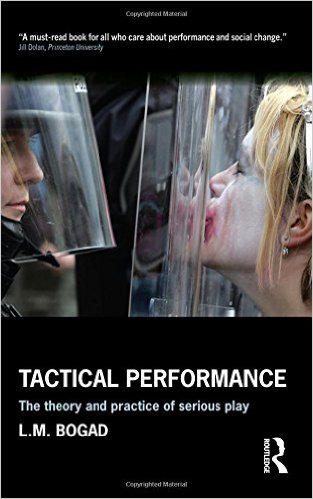
Gender and Chinese History: Transformative Encounters (University of Washington Press, $50, hardback), edited by Beverly Bossler, professor of history. Until the 1980s, a common narrative about women in China had been one of victimization. Rich scholarship has since revealed the roles women have played as active agents in their families, businesses, and artistic communities. The essays in this collection go further, showing how the study of gender in China challenges our assumptions about China, the past, and gender itself.
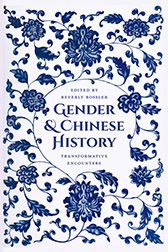
Riot. Strike. Riot: The New Era of Uprisings by Joshua Clover (Verso, 224 pages, $24.95) English professor and award-winning poet Joshua Clover theorizes the riot as the form of the coming insurrection in his new book. Examining uprisings in Baltimore, Ferguson, Oakland and other places he proposes that we are in an “age of riots” as the struggle of people versus state and capital has taken to the streets. From early wage demands to recent social justice campaigns pursued through occupations and blockades, Clover connects these protests to the upheavals of a sclerotic economy in a state of moral collapse.
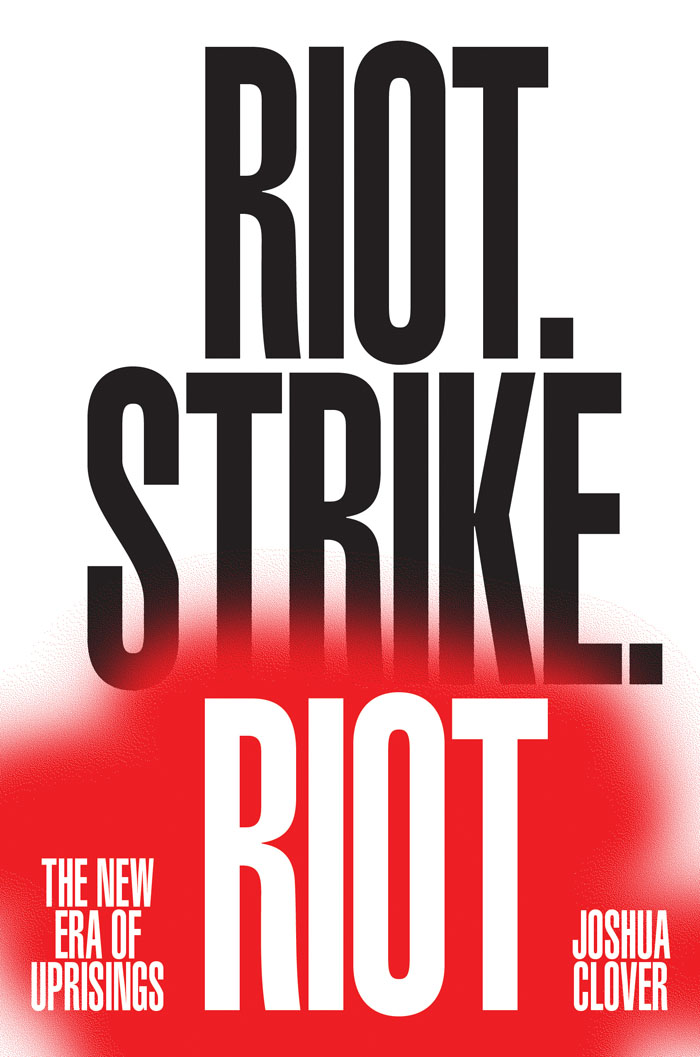
Into the Wet (Black Rose Writing, $21 paperback, $7 ebook), by Jerry Coker (B.A., English ’76). This historical novel recounts a desperate battle by Australian soliders to defend Papau New Guinea's Port Moresby in mid-summer 1942.
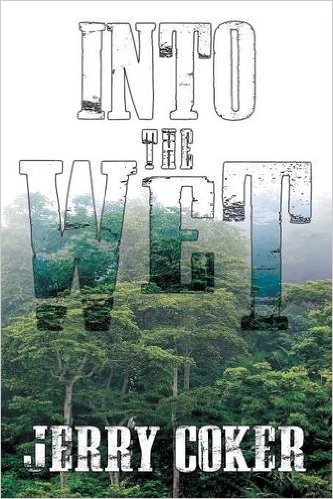
The Arid Lands: History, Power, Knowledge (The MIT Press, $32 hardback), by Diana Davis, associate professor of history. Deserts are commonly imagined as barren, defiled, worthless places, wastelands in need of development. This book examines their environmental history to expose the myths and demonstrate the diversity of the world's drylands.
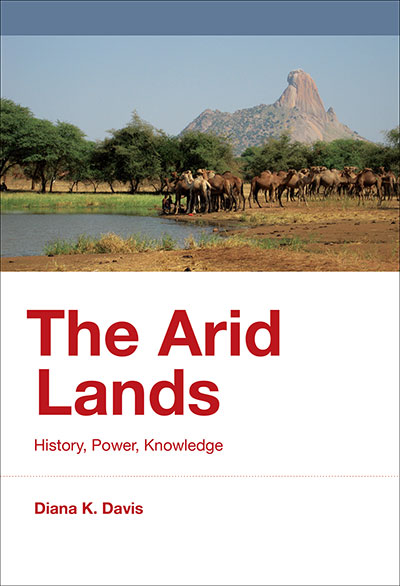
After Appomattox: Military Occupation and the Ends of War (Harvard University Press, $32.95 hardback), by Gregory Downs, associate professor of history. After Appomattox argues that the war did not end with Confederate capitulation in 1865. Instead, a second phase commenced which lasted until 1871. Using its war powers, the U.S. Army oversaw an ambitious occupation, stationing tens of thousands of troops in hundreds of outposts across the defeated South. This groundbreaking study of the post-surrender occupation makes clear that its purpose was to crush slavery and to create meaningful civil and political rights for freed people in the face of rebels’ bold resistance.
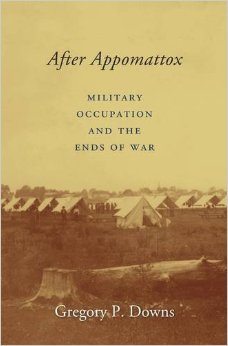
Humankind: How Biology and Geography Shape Human Diversity (Pegasus Books, $27.95 hardback), by Alexander Harcourt, professor emeritus of anthropology. In this book, Harcourt explains how the expansion of the human species around the globe and our interaction with our environment explains much about why humans differ from one region of the world to another, not only biologically, but culturally.
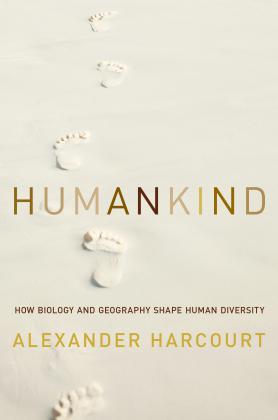
The Legendary Detective: The Private Eye in Fact and Fiction (University of Chicago Press, $25, 232 pages), by John Walton. A distinguished professor of sociology, Walton offers a sweeping history of the American private detective in reality and myth, from the earliest agencies to the hard-boiled heights of the 1930s and ’40s.
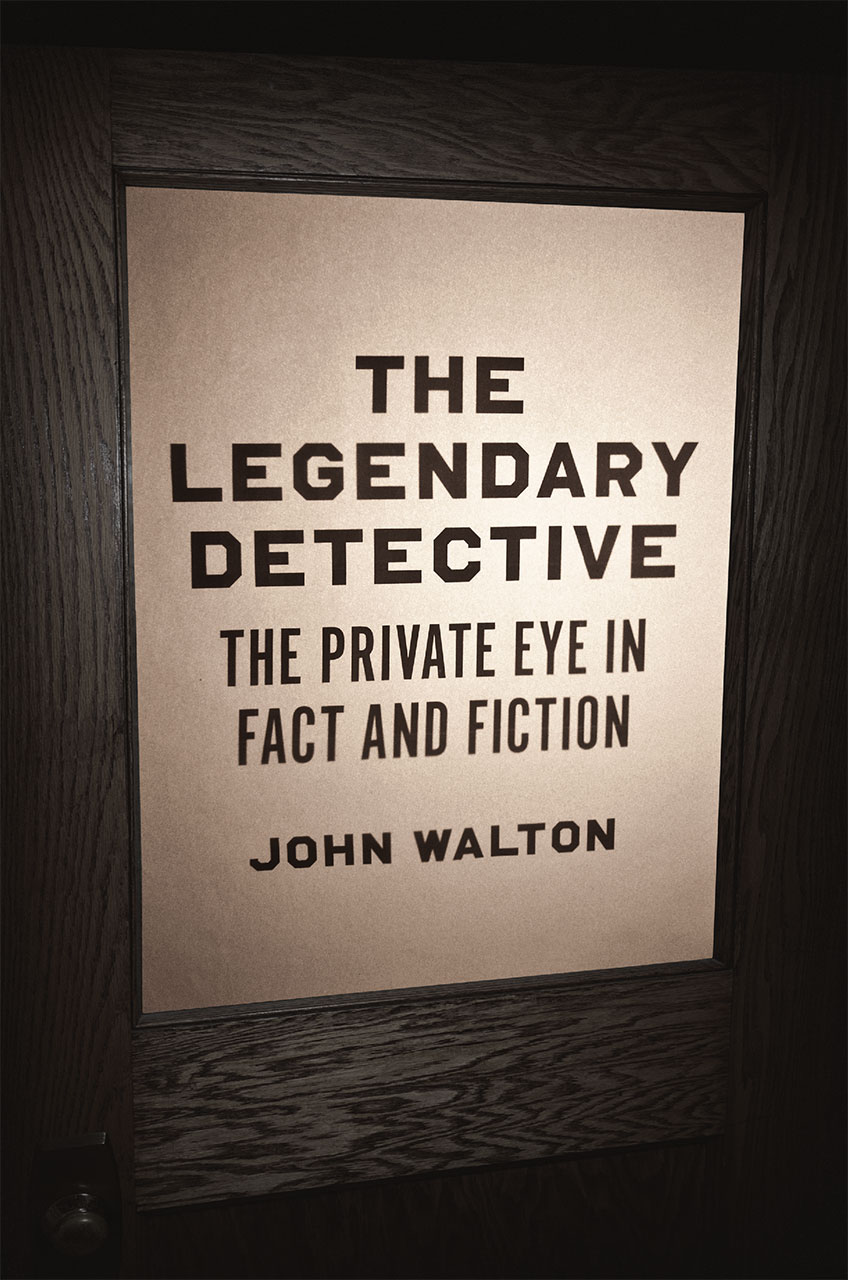
The Money Makers: How Roosevelt and Keynes Ended the Depression, Defeated Fascism, and Secured a Prosperous Peace by Eric Rauchway (Basic Books$28.99, 336 pages). History professor Eric Rauchway provides an absorbing narrative showing how President Franklin Roosevelt and his advisors pulled the levers of monetary policy to save the domestic economy and propel the United States to unprecedented prosperity and superpower status.
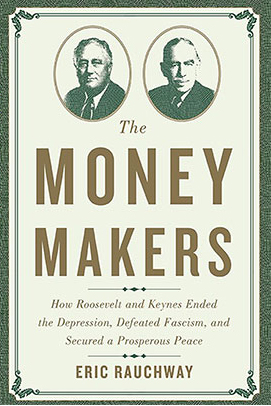
Learn more:
Read a summary of a talk Rauchway gave about The Money Makers.
Read an Intitute for Social Sciences article about the book.
Right Out of California: the 1930s and The Big Business Roots of Modern Conservatism by Kathryn S. Olmsted (New Press, $27.95, 336 pages). History department chair Kathryn S. Olmsted re-examines the labor disputes in Depression-era California that led California’s businessmen and media to create a new style of politics with corporate funding, intelligence gathering, professional campaign consultants and alliances between religious and economic conservatives.
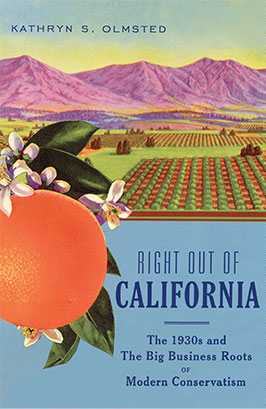
Not in the Heavens: The Tradition of Jewish Secular Thought by David Biale (Princeton University Press, $24.95 248 pages). David Biale, Emanuel Ringelblum Professor of Jewish History, traces the rise of Jewish secularism through the visionary writers and thinkers who led its development. His books include Blood and Belief: The Circulation of a Symbol between Jews and Christians and Eros and the Jews: From Biblical Israel to Contemporary America.
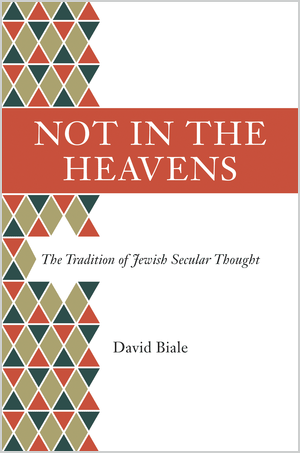
The Audacious Ascetic: What Osama Bin Laden's Sound Archive Reveals About al-Qa'ida by Flagg Miller (Oxford University Press, $34.95, 320 pages). Professor of religious studies Flagg Miller uses Bin Laden’s recordings to detail how Islamic cultural, legal, theological and linguistic vocabularies shape militants’ understandings of al-Qa’ida.

Eating Words: A Norton Anthology of Food Writing, edited by Sandra M. Gilbert with Roger J. Porter (W. W. Norton & Company, $35, 512 pages). Edited by distinguished professor emerita of English Sandra Gilbert, this book gathers food writing of literary distinction and historical sweep. Beginning with the taboos of the Old Testament and the tastes of ancient Rome, and including travel essays, polemics, memoirs and poems, the book is divided into sections such as “Food Writing Through History,” “Hunger Games: The Delight and Dread of Eating” and “Food Politics.” Gilbert is author of books of criticism, collections of poetry and a memoir and is recipient of the National Book Critics Circle's Ivan Sandrof Lifetime Achievement Award.
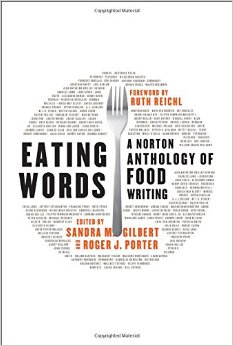
The House of Twenty Thousand Books by Sasha Abramsky (New York Review Books, $27.95, 336 pages). Sasha Abramsky, a continuing lecturer in the University Writing Program, examines the life of his grandfather Chimen Abramsky and his remarkable collection of books on Jewish life, history, communism and socialism. For more than 50 years Chimen and his wife, Miriam, hosted gatherings in their house of books that brought together many of the age’s greatest thinkers. Abramsky’s writing has appeared in The Nation, The American Prospect and The New Yorker online.
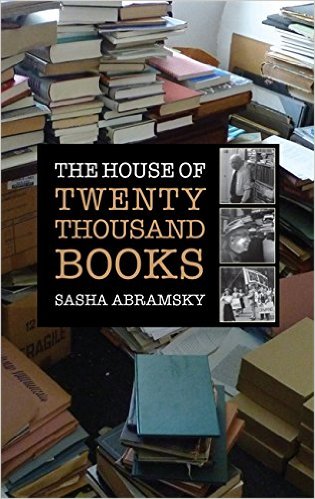
Landfalls by Naomi Williams (Farrar, Straus and Giroux, $26, 336 pages). Inspired by a map she purchased, Naomi Williams, a 2010 graduate of the masters in creative writing program, recreates an actual doomed 18th Century attempt to circumnavigate the globe. Each chapter is told from a different point of view and set in a different part of the world. It is the Davis resident̢۪s first novel.
Read more about how her book came to be: "Mislabeled Map Leads to Remarkable Novel."
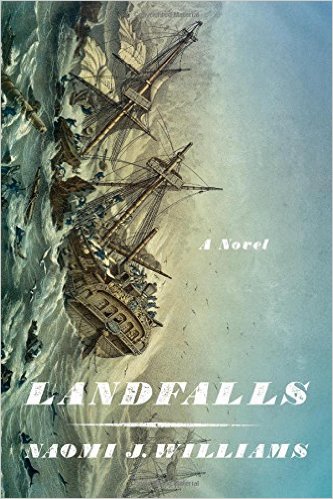
California's Wild Edge: the Coast in Prints, Poetry, and History, by Tom Killion and Gary Snyder (Heyday Books, $50, 208 pages). This volume captures the beauty of the California coast from Mendocino south to Santa Monica through 80 color prints and illustrations by Killion and prose by Gary Snyder. Snyder is a Pulitzer Prize winning poet, author, scholar, cultural critic and professor emeritus of UC Davis.
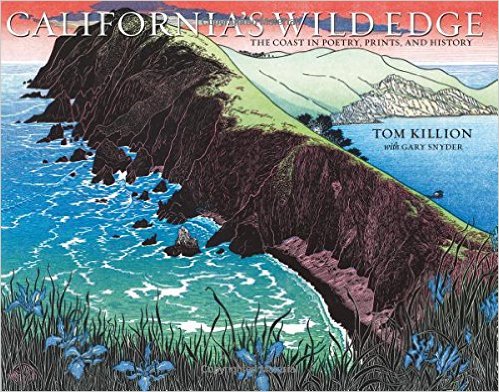
You Must Fight Them, by Maceo Montoya (University of New Mexico Press, $19.95, 200 pages). In this novella a short, bookish half-Mexican doctoral student returns to his hometown of Woodland, California, and tries to reconnect with Lupita Valdez, the girl he worshipped in high school. First he must come to terms with her three hulking brothers and his own identity. Montoya is an assistant professor in the Department of Chicano Studies.
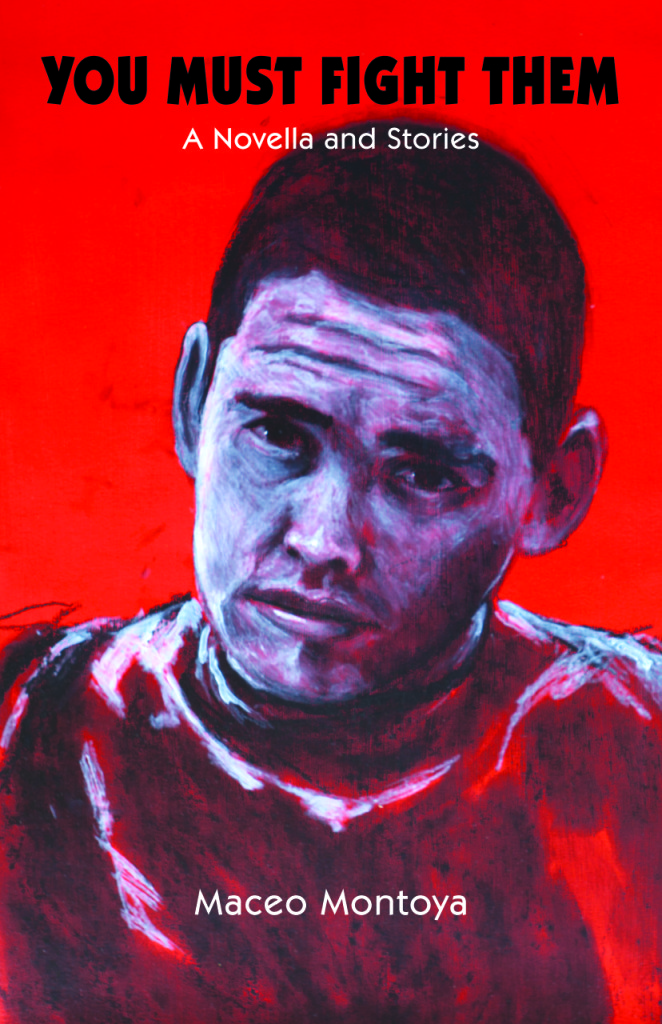
Pudd'nhead Wilson and Those Extraordinary Twins by Mark Twain, edited by Hsuan L. Hsu (Broadview Editions, $16.95, 275 pages). The two stories published together overflow with spectacular events: conjoined twins, babies exchanged in the cradle, cross-dressing, racial masquerade, duels and a murder mystery. Hsuan Hsu, an associate professor of English, provides an introduction that traces the history of literary critics’ response to these works, from the confusion of Twain’s contemporaries to the keen interest of current scholars.
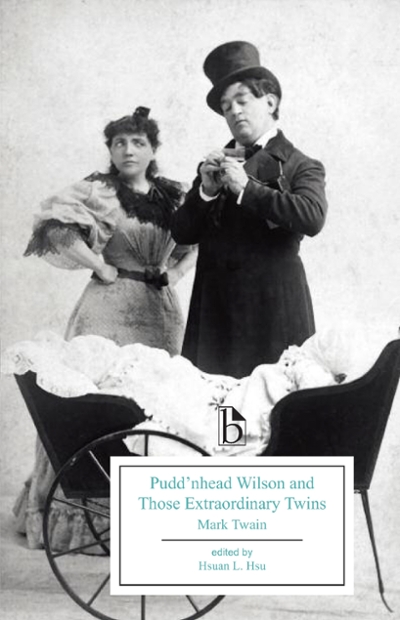
Bread from Stones: The Middle East & The Making of Modern Humanitarianism, by Keith David Watenpaugh (UC Press, $34.95, 272 pages). Watenpaugh, an associate professor in religious studies, analyzes genocide and mass violence, human trafficking and the forced displacement of millions in the Eastern Mediterranean as the background for this exploration of humanitarianism’s role in the history of human rights.
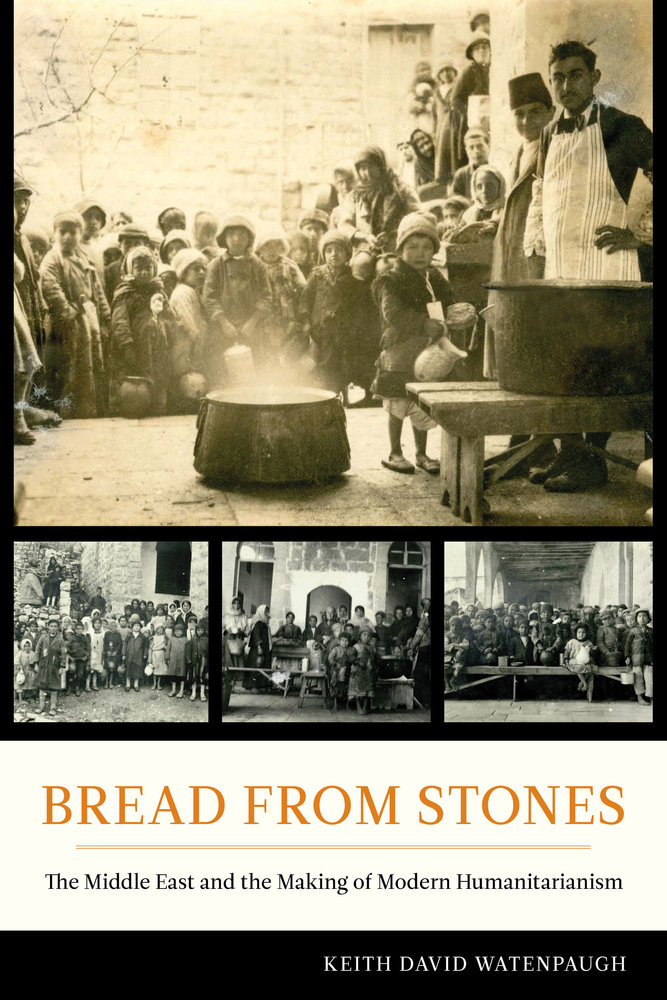
Creative Sketching Workshop: 20 Sketch Crawl Ideas and Exercises by Pete Scully (North Light Books, $24.99, 176 pages). Pete Scully, graduate coordinator in the statistics department, is an urban sketcher whose new book provides ideas and techniques for those who want capture the world with pen and pencil on pad.
